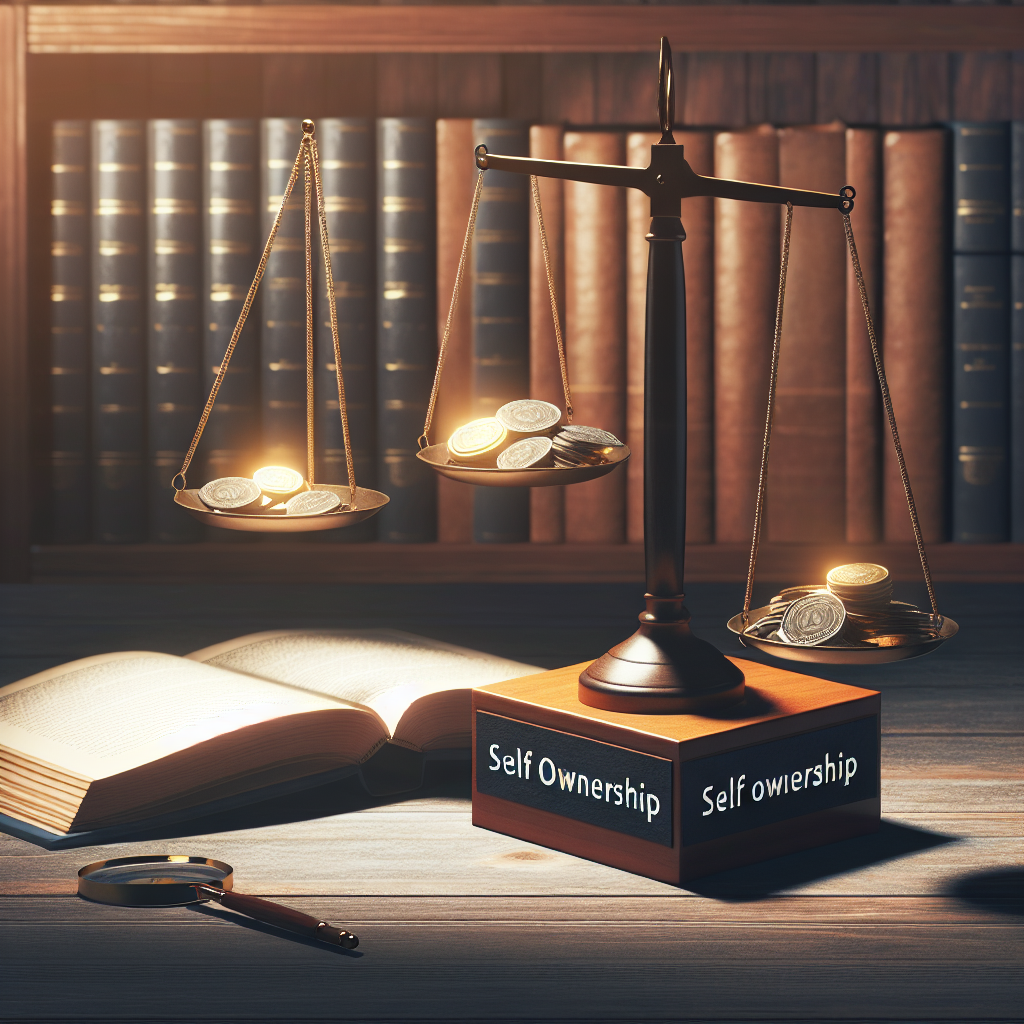The Ethics of Libertarianism: Personal Responsibility and Ownership
Libertarianism is a political philosophy that prioritizes individual freedom and autonomy. At its core, it champions the idea that people should be free to make their own choices, provided they do not infringe on the rights of others. This article dives into the ethical considerations inherent in libertarianism, particularly focusing on the themes of personal responsibility and ownership.
Understanding Libertarian Ethics
Libertarian ethics advocate for minimal government interference in the lives of individuals. This philosophy argues that personal liberty is paramount, and ethical behavior stems from respecting the rights of others. The ethical framework of libertarianism can be broken down into two primary aspects: individual freedom and the principle of non-aggression.
The Principle of Individual Freedom
Libertarianism posits that every person has an inherent right to live their life as they see fit, as long as their actions do not harm others. This principle of individual freedom encourages self-ownership, whereby individuals are seen as the rightful owners of their bodies and lives. Consequently, the ethical implications of this can be profound—each person bears the responsibility for their own choices and the outcomes that follow.
The Non-Aggression Principle
At the heart of libertarian ethics lies the Non-Aggression Principle (NAP), which states that aggression against another’s person or property is inherently wrong. This principle reinforces the claim that individuals are responsible for their actions and decisions. When individuals respect the rights of others, a mutually beneficial society can flourish. Ethical libertarians uphold that honesty, integrity, and mutual respect are essential components of a harmonious society.
The Role of Personal Responsibility in Libertarianism
In a libertarian society, personal responsibility is not just a concept; it is a fundamental tenet. Individuals are encouraged to take full responsibility for their health, finances, and overall well-being.
Self-Reliance and Empowerment
Libertarianism promotes the idea that individuals are best equipped to make decisions regarding their lives. This philosophy encourages self-reliance, where people take charge of their circumstances rather than relying on governmental assistance. As people become more self-sufficient, they gain the experience and knowledge necessary to navigate their challenges effectively, leading to personal empowerment.
Accountability for Choices
In a libertarian framework, individuals are held accountable for their decisions. Whether positive or negative, the consequences of one’s actions ultimately rest with the individual. This accountability fosters a sense of responsibility that can lead to more thoughtful decision-making and greater awareness of the implications of one’s choices on others’ lives.
Ownership: The Foundation of Libertarian Thought
Ownership is a foundational concept in libertarian thought, as it ties directly to individual freedom and personal responsibility.
Property Rights as Ethical Imperatives
Libertarianism asserts that property rights are essential to individual freedom. The rightful ownership of resources allows people to invest, innovate, and create wealth. Ethical discussions around property rights focus on the idea that ownership must be obtained justly—such as through consensual transactions, voluntary exchanges, or the appropriation of unowned resources.
The Implications of Ownership
With ownership comes the ethical obligation to manage one’s property responsibly. This means taking care of one’s belongings, respecting the property rights of others, and being considerate of the broader community. Libertarians argue that through responsible ownership, individuals contribute to the welfare of society, supporting ethical practices that enhance communal living.
Conclusion: The Symbiosis of Ethics, Personal Responsibility, and Ownership
The ethics of libertarianism presents a compelling case for a life driven by personal responsibility and ownership. By valuing individual freedom and enforcing the Non-Aggression Principle, libertarianism creates an ethical framework that empowers individuals to thrive without unwarranted interference from external authorities.
In embracing these principles, libertarianism advocates for a society where personal accountability and ethical ownership encourage harmony, cooperation, and the flourishing of human potential. As we navigate complex social, economic, and political issues, revisiting the tenets of libertarian ethics can foster deeper discussions about the responsibilities each of us bears in our quest for a just and free society.
Share this content:












Post Comment